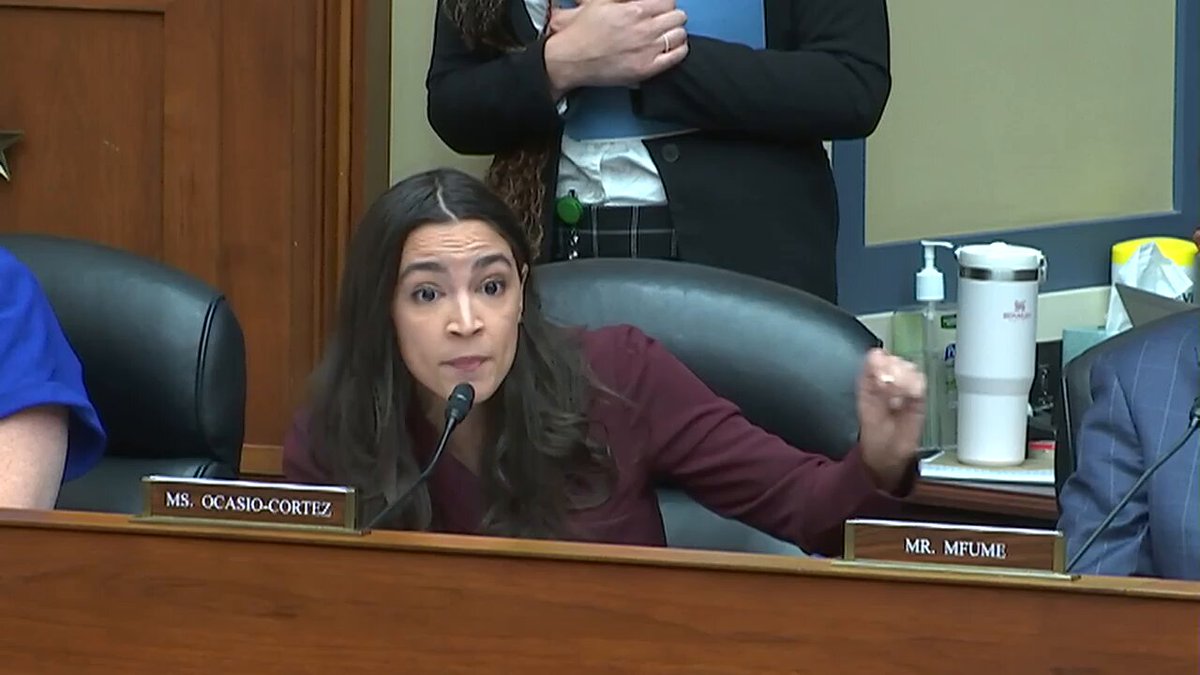Mark Levin, a stalwart voice in conservative media, recently delivered a scathing critique of Joe Biden’s approach to Israel, accusing the current administration of undermining Israel’s sovereign right to self-defense.
This critique comes amid heightened tensions in the Middle East, where Israel’s security concerns are growing in response to regional threats.
The Core Issue
Levin’s fiery commentary centers on Biden’s diplomatic engagements with Israel, particularly in the context of Israel’s defense strategies against external threats.
Levin argues that Israel, a longstanding ally of the United States, should not require American permission to defend its citizens and sovereignty.
He contrasts Biden’s cautionary stance towards Israel with what he perceives as the administration’s willingness to engage financially and diplomatically with Iran—a nation Levin and many conservatives view as a principal threat to Israeli and regional security.
The Implications of Biden’s Foreign Policy
Critics, including Levin, argue that Biden’s foreign policy, especially regarding Iran and Israel, signals a departure from the more assertive stance taken by the Trump administration.
Under Trump, the U.S. recognized Jerusalem as Israel’s capital and brokered the Abraham Accords, which normalized relations between Israel and several Arab nations.
These moves were seen as victories for Israeli security and for Middle Eastern peace and stability.
Levin’s criticism highlights a broader conservative concern that Biden’s policies may inadvertently embolden Israel’s adversaries, potentially destabilizing the region further.
The financial and diplomatic overtures to Iran, despite its controversial nuclear program and support for proxy groups in conflict zones, are seen as particularly contentious.
Predictions and Long-term Implications
Levin’s critique carries predictions of long-term implications for U.S.-Israel relations and regional stability.
Should the Biden administration continue on its current path, Levin and others foresee a cooling of U.S.-Israel ties, with possible repercussions for American interests in the Middle East and the global standing of both nations.
Furthermore, Levin suggests that Biden’s approach could embolden Iran and other actors hostile to Israel, increasing the likelihood of conflict.
For the MAGA movement and its proponents, Levin’s critique of Biden serves as a rallying cry, emphasizing the contrast between Trump’s and Biden’s foreign policies.
The strong support for Israel within conservative circles is juxtaposed with what they perceive as Biden’s tepid or misguided approach to Middle Eastern affairs.
This situation bolsters the MAGA platform’s emphasis on strong international leadership, the unwavering support of allies, and a firm stance against perceived adversaries.
The critique also feeds into broader conservative criticisms of the Biden administration’s foreign policy, including concerns over perceived weaknesses and inconsistencies.
For the MAGA movement, advocating for a return to policies that prioritize American and allied interests, including those of Israel, is central to its appeal and message.
Conclusion
Mark Levin’s pointed criticism of Joe Biden over his handling of U.S.-Israel relations reflects a significant viewpoint within conservative and MAGA-aligned circles.
It underscores deep concerns about the current administration’s foreign policy direction, particularly its impact on Middle Eastern stability and the security of key allies like Israel.
As tensions in the region persist, the debate over the best approach to supporting Israel, confronting Iran, and ensuring regional security is likely to remain a hotly contested issue in U.S. politics, energizing the MAGA base and influencing the broader political discourse leading up to future elections.



